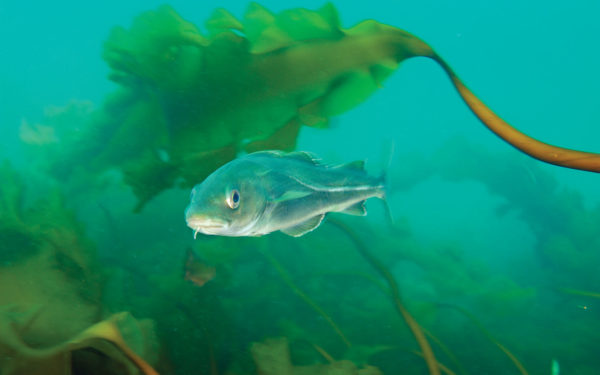Sand Lances: Little Fish – Big Deal for the Ocean
Justin Suca, oceanography researcher at WHOI, highlights the crucial role of forage fish for larger species, coastal communities, and the entire ocean ecosystem.
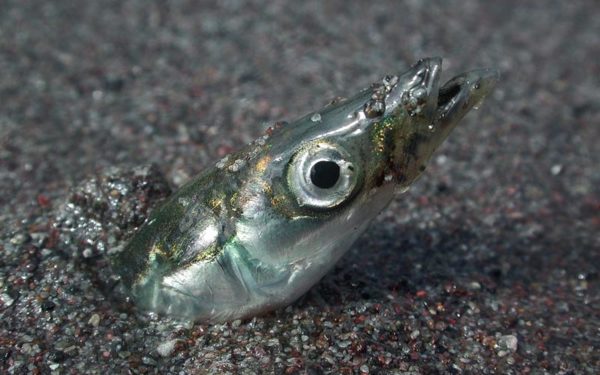
Justin Suca, oceanography researcher at WHOI, highlights the crucial role of forage fish for larger species, coastal communities, and the entire ocean ecosystem.

Atlantic cod is in crisis. That’s why CLF petitioned the federal government to take these 5 actions to protect the future of this species.
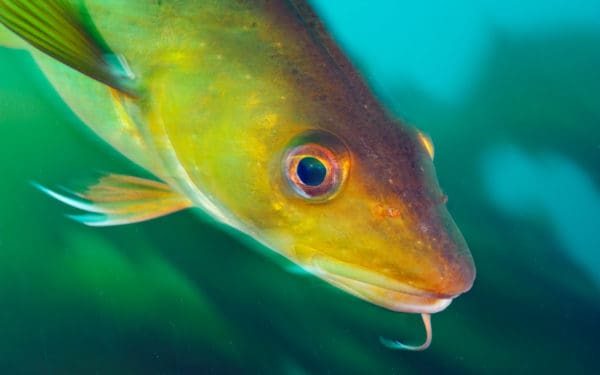
According to a new study, rising water temperatures put fish eggs and spawning adults at higher risk than juveniles and adult fish. Since previous studies mostly only took adult fish into account, this close look at different life stages gives us a better idea of what the climate crisis means for our fisheries and how we can help save Atlantic cod. One big takeaway: protecting spawning areas, where the vulnerable are, is more critical than ever.
We sat down with CLF Senior Science Fellow Gareth Lawson to discuss the implications of the study and the future of Atlantic cod.
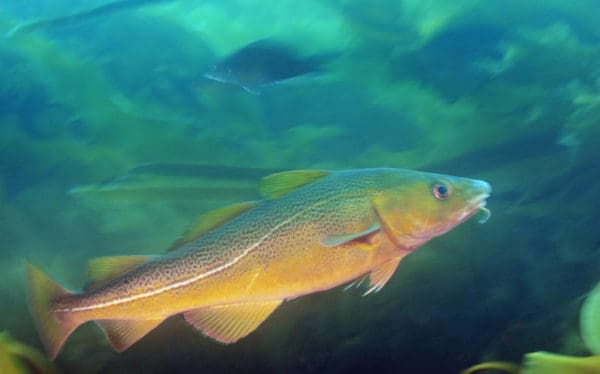
To help rebuild the cod population, scientists and managers must know how many fish are being caught by fishing boats. Thankfully, a recent vote by regional fishery managers brings us one step closer to collecting that valuable information.
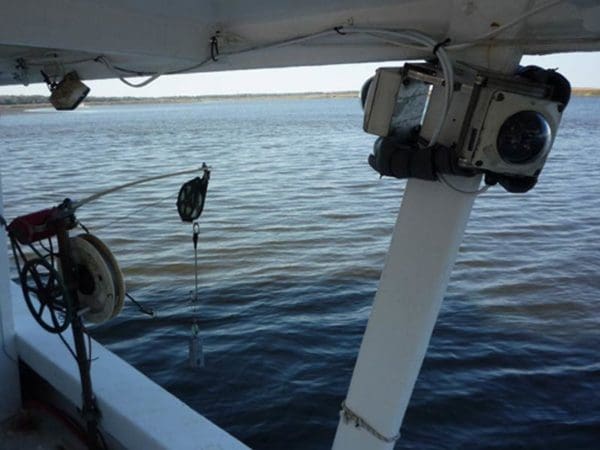
“Atlantic cod is one of New England’s most iconic fish and it is in peril,” said Allison Lorenc, Policy Analyst at CLF. “Establishing a new understanding of catch through 100% monitoring will provide scientists and managers with the information they need to prevent overfishing and help species like cod recover to healthy populations. A sustainable fishery must be based on accurate data, and the fishery management council demonstrated their commitment to that today while also minimizing the economic burden on the industry.”
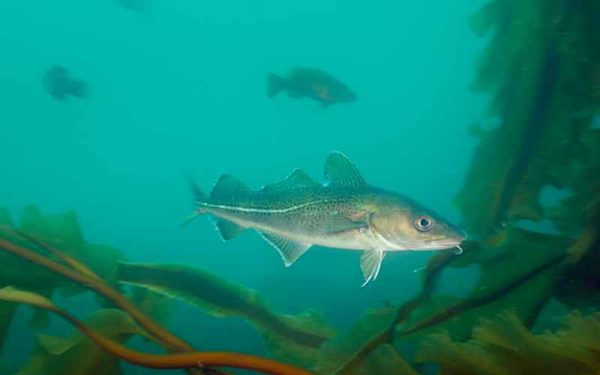
As we celebrate the four-year anniversary of New England’s national monuments, CLF is part of a growing movement of scientists, policymakers, businesses, and conservation organizations in the United States and around the world calling for the global protection of at least 30% of land and 30% of the ocean by 2030.
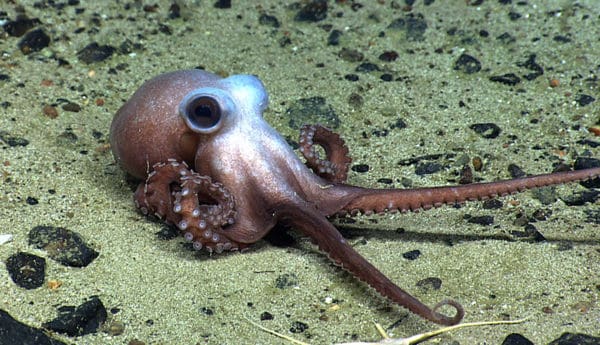
We know that to protect biodiversity and build our ocean’s resilience to climate change, we must protect much more of New England’s ocean.
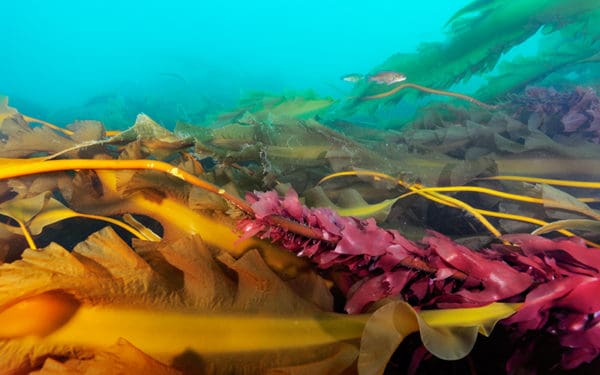
A key step to saving Atlantic cod is protecting the mother fish that lay exponentially more eggs than their smaller, younger counterparts. Protecting area where these BOFFFFs, or Big Old Fat Fertile Female Fish, live and spawn is crucial to a healthy cod population.

Right now, our regional fishery managers have the opportunity to collect more accurate data by improving the at-sea monitoring program in New England’s groundfish fishery. This management action, called Amendment 23, can help put Atlantic cod on a path to recovery.

Overfishing and inept management have driven Atlantic cod to the brink. Now climate change looms. Atlantic cod still have a chance at survival, but it’s not going to be easy.
